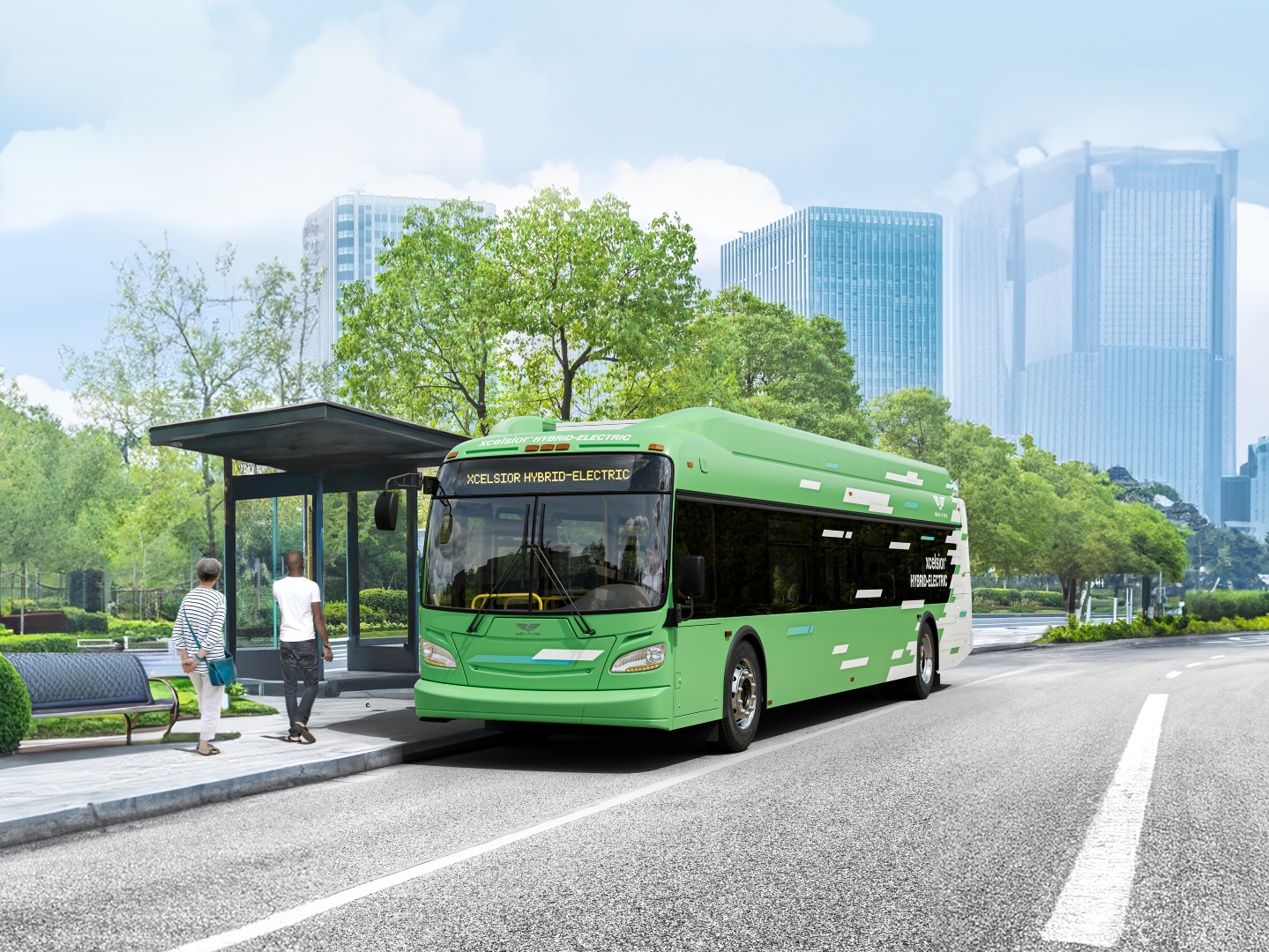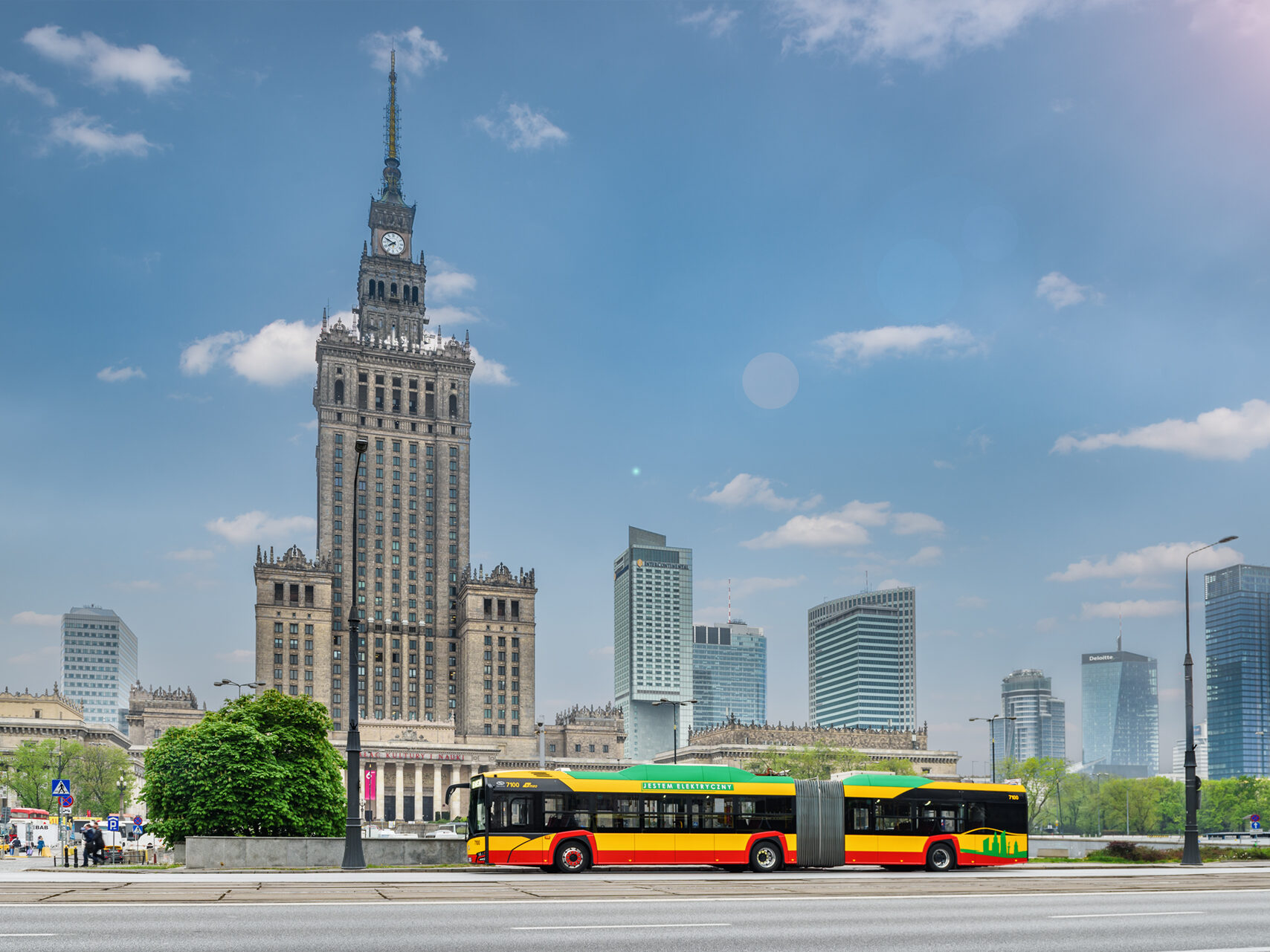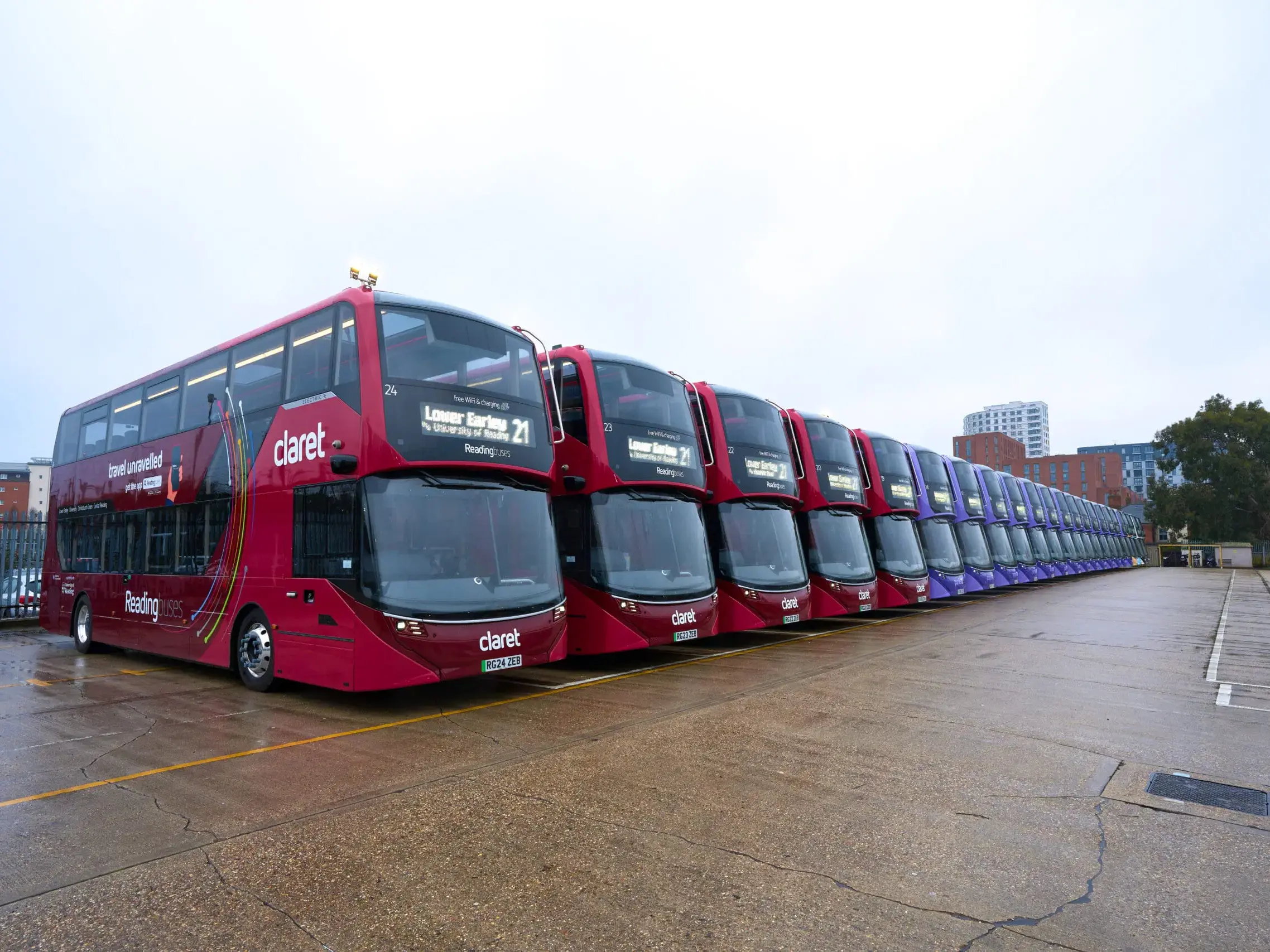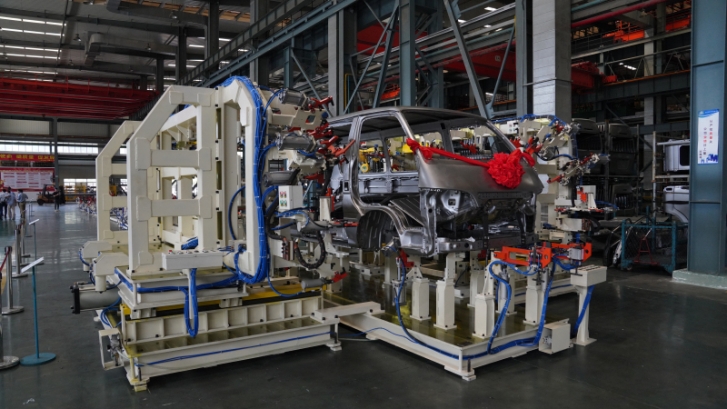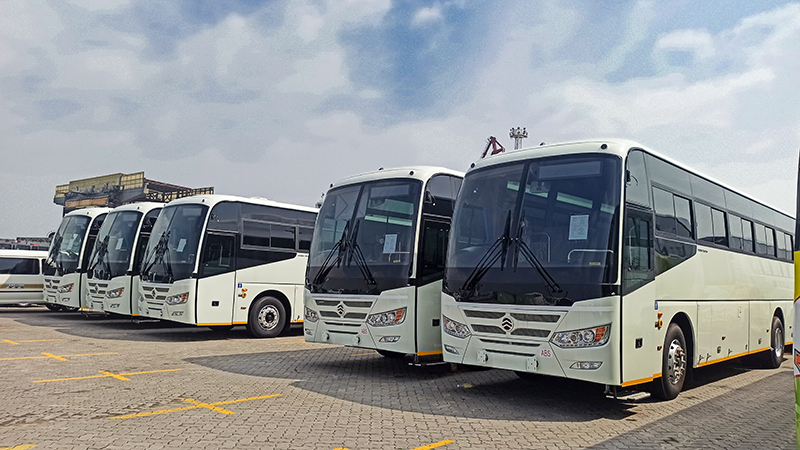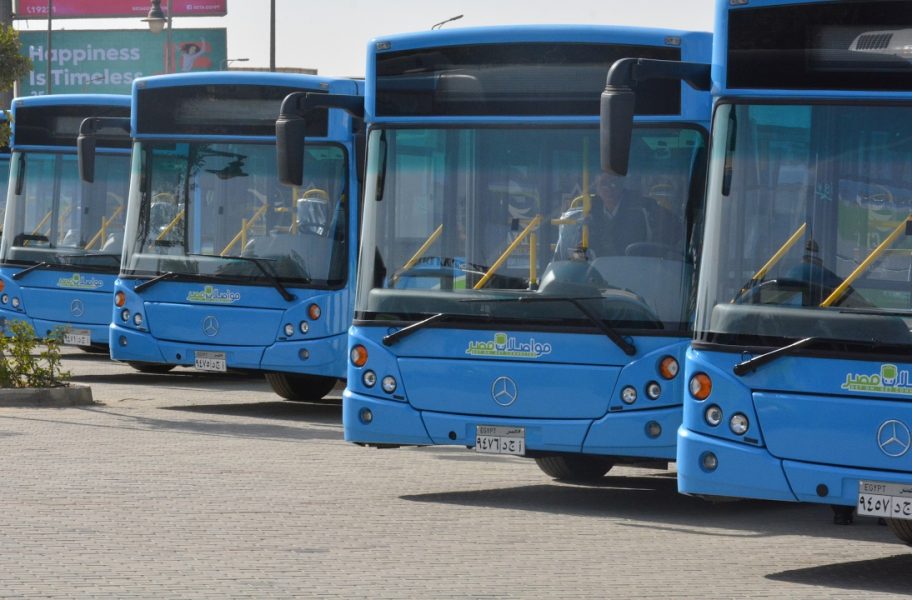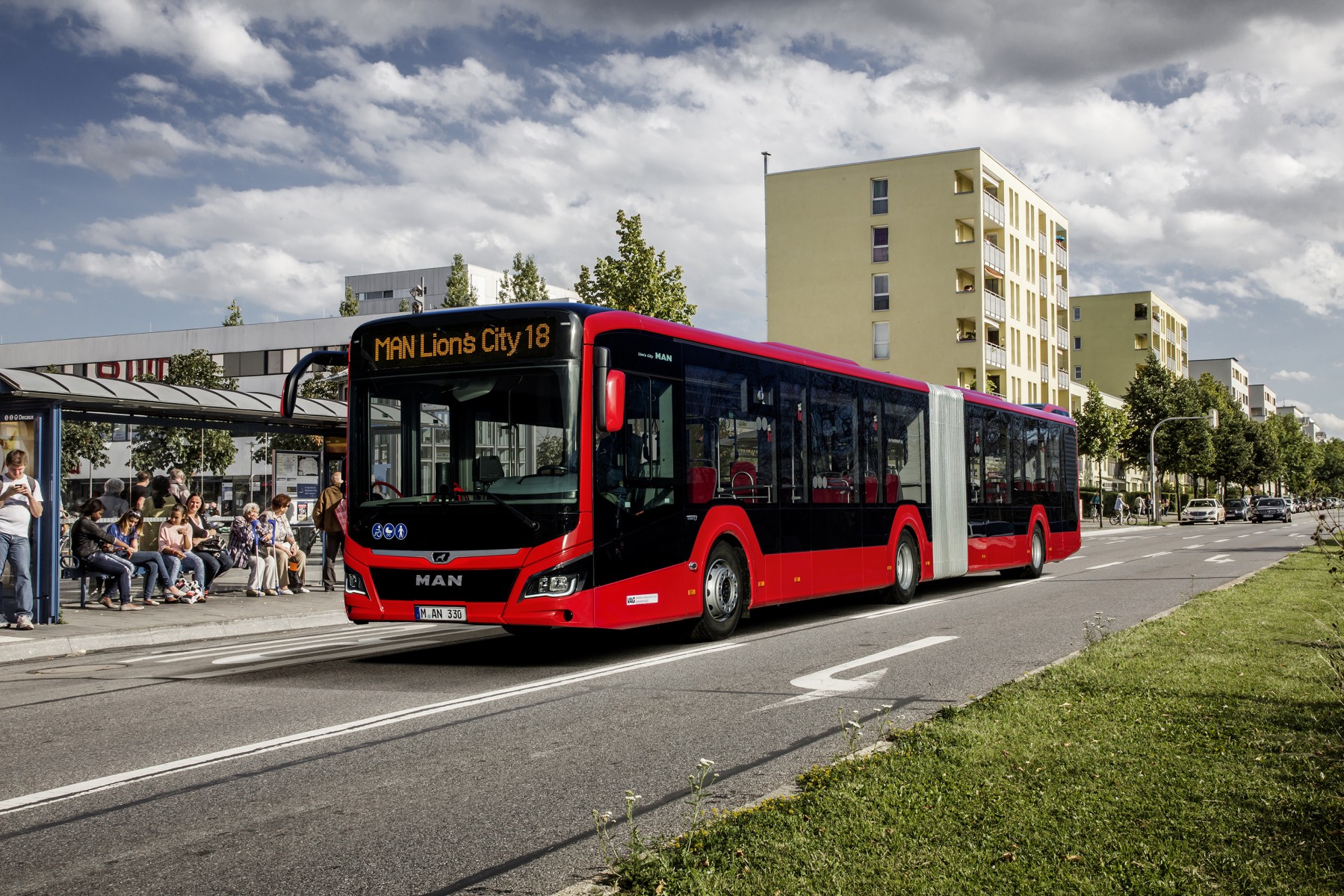Opibus has introduced Kenya’s first all-electric bus, which is the first electric bus to have been designed and developed in Africa. The electric bus was produced with local engineering staff and local manufacturing partners.
This achievement signifies a major step for Opibus, who aim to offer a locally designed and developed electric bus that can be mass-produced for the African market by the end of 2023 to ultimately electrify Africa’s public transport system.

The locally produced electric bus has significantly lower costs than importing fully built electric buses and also offers a superior performance compared to diesel models. Opibus has installed a powerful motor into the vehicle, so the bus has maximum torque to improve performance and allow the driver to accelerate more responsively.
As the electric bus does not have a combustion engine or manual gearboxes, there are no no oil filters or gaskets that need to be changed. This benefit results in an 80% reduction in maintenance costs compared to a diesel bus. Furthermore, the necessary electricity charges are significantly lower than the increasing diesel price, and the electric bus’s total operating expenses are therefore 50% lower than diesel models. Opibus consequently hopes that the electric bus will revolutionise the African public transport sector.
Dennis Wakaba, Project coordinator, Public Transport, said:This first electric bus is set to be launched commercially mid this year. Following this, the platform will be tested at scale in commercial deployment of 10 buses during the second half of 2022. In doing so, we ensure that we gather valuable feedback to continue the development of the product for an optimised market fit. It feels great to be the first movers in this very exciting space.
The buses will initially be deployed in peri-urban areas around Nairobi. Several Opibus charging points will also be installed with a mix of AC (slow) and DC (fast) chargers. The DC chargers will fully charge the electric within an hour, resulting in seamless operations.











